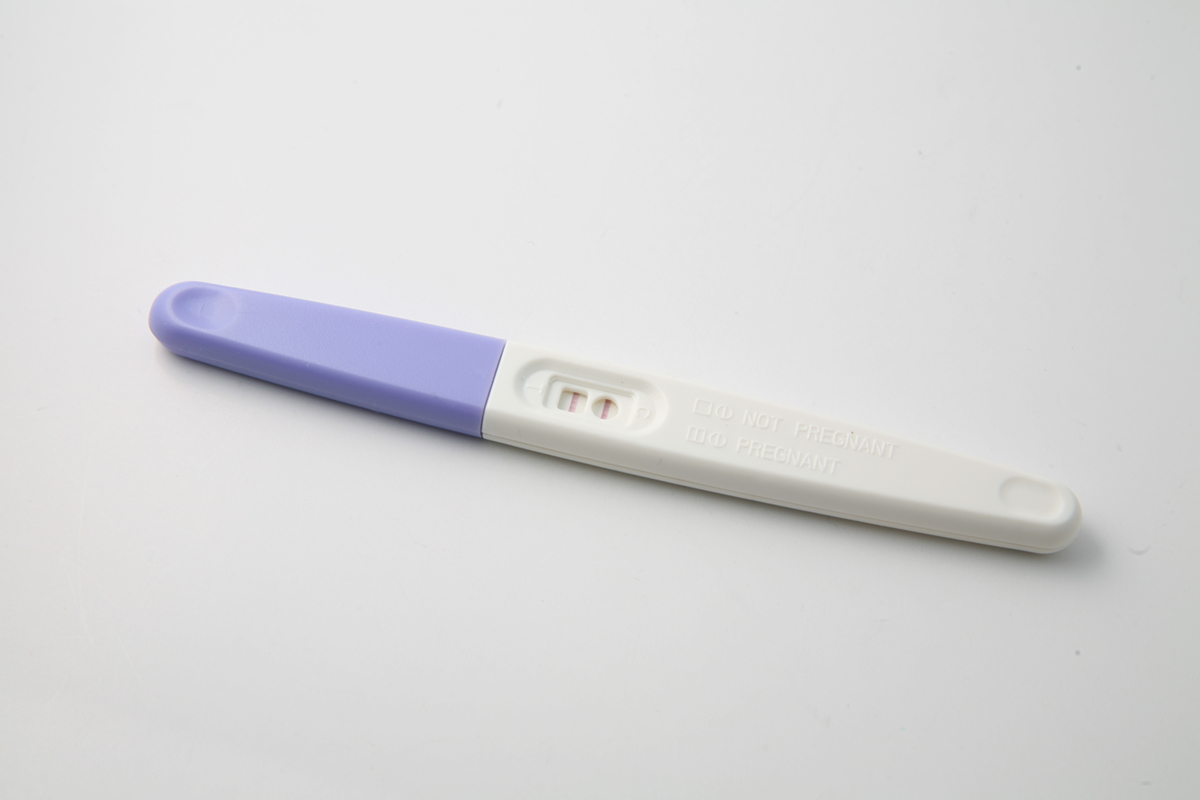
Hysterical pregnancy
The imaginary pregnancy in women is in many cases a completely psychological process, usually resulting from a strong longing or need for parenthood. A woman may believe in her pregnancy to the point of delusion and demonstrate signs of depression when no baby is born. Depression can sometimes modify the activity of the pituitary gland and cause hormone level changes that imitate the hormone changes of real pregnancy.
Signs and symptoms of hysterical pregnancy
Pseudocyesis can produce hormonal changes sufficient to fool pregnancy tests, produce amenorrhea, provoke bloating, and cause spasms simulating fetal movement. It is often impossible to tell if the woman is pregnant or not. Normal signs of pregnancy, present both in imaginary pregnancy and the real one, are amenorrhea, bloating, spasms, tender breasts and weight gain. Characteristic for patients with pseudocyesis is that they are all convinced in being pregnant.
Swelling of the abdomen is the most commonly found symptom that affect 60 – 90 % of patients, and make the woman look like she is pregnant. Irregular menstrual bleeding or a cessation of menstruation is another significant symptom that is found in 50-90% of patients. The great majority of patients, 50-75% of them, even report fetal movements, and one percent of patients go that far in delusion to actually experience a false labor.Causes of false pregnancy
The false pregnancy was historically associated with witchcraft or evil spirits or demonic possession. Modern science already establishes a number of explanations for the condition, including religious dedication, high-pressure social demands to born a child, intense fear or desire to become pregnant, fear of menopause, or as a coping mechanism to deal with past sexual abuse.
Researchers have found a link between the false pregnancy and the pituitary gland that result in abnormally high level of hormones. The hormonal imbalance is usually triggered by stress and may lead a woman to incorrectly believe she is pregnant.
TreatmentFalse pregnancy is usually triggered by stress and it is psychological problem, in essence. Counseling is recommended in order to detect and treat underlying emotional and psychological problems that provoke false pregnancy. Medications are sometimes used to treat symptoms of the condition and establish a hormonal equilibrium. Alternative medical treatments like hypnosis, purgatives, massage and opioids, may be helpful.

















Your thoughts on this
Loading...